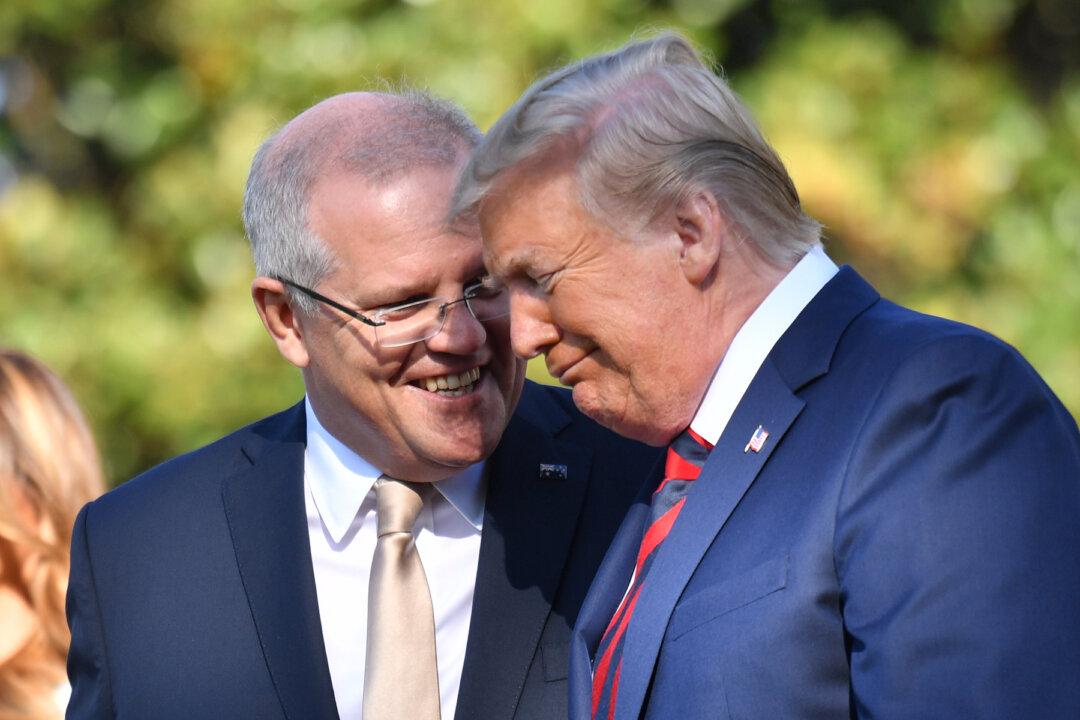Australian Prime Minister Scott Morrison has welcomed an invitation from U.S. President Donald Trump to join an expanded Group of Seven (G7) meeting of advanced economies alongside South Korea, India, and Russia, with China being the noticeable omission.
“It’s a good opportunity to deal with a lot of like-minded countries,” Morrison told 2GB radio on June 1, saying he was “expecting an invitation there.”





